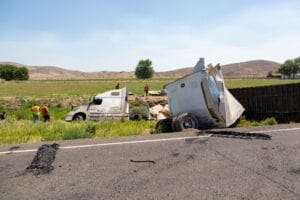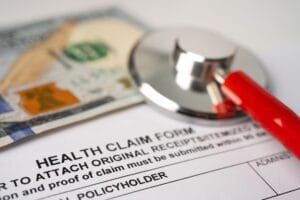Accidents can happen anywhere. When incidents do occur, taking swift action protects both your health and your legal rights. Getting early attention makes a significant difference, as quick medical care creates a clear connection between your symptoms and the incident, which reduces arguments about what caused your injuries.
This blog outlines a straightforward sequence of actions you should take: (1) seek medical treatment right away; (2) report what happened to the business as soon as possible – if you or someone with you is able, get witness contact information(name, phone, emial, address, what they saw): (3) if you or someone with you is able, collect evidence from the scene (take photos of substances and conditions in the area of the accident, including the location of store cameras) and inquire whether the incident was recorded; (4) avoid giving recorded statements without legal guidance( many businesses will want you to fill out an incident form to record what happened); and (5) contact an experienced personal injury attorney.
Sexton Weldon Law Firm assists accident victims by preserving crucial information, such as incident reports and surveillance footage, coordinating witness statements, and guiding communication with insurance companies. We explain the fundamentals of Georgia premises liability, including the business owner’s duty of care and potential compensation for medical expenses, lost wages, and other damages.
Time plays a crucial role in these cases. Most businesses will delete recorded videos within a short period of time if not preserved or put on notice to preserve the evidence. Legal deadlines can limit your ability to recover compensation, so preserving evidence quickly and contacting a legal team early significantly improves your chances of achieving a fair resolution.
Seek Medical Attention Immediately
Getting medical attention right after a fall protects your ability to recover and creates clear records for claims. Some conditions, like concussions, internal bleeding, or spinal and neck injuries may not show symptoms immediately.
Go directly from the location of the accident to an emergency department or urgent care facility when possible. That immediate visit creates a clear link between the accident and clinical findings in a way insurers rarely dispute.
Tell medical professionals about every symptom, even mild pain or dizziness. Complete disclosure helps providers document a thorough clinical picture that supports the connection between your accident and injuries in later claims.
Follow all treatment plans and attend every recommended follow-up visit. Keep visit summaries, imaging results, prescriptions, discharge instructions, and receipts to help track expenses and build a detailed medical timeline.
Take photographs of visible injuries as they develop over time. These images, combined with clinical notes, provide compelling evidence about how your condition progressed and healed.
Avoid strenuous activity until a medical professional clears you to resume normal activities. Early and thorough documentation of injuries and care reduces opportunities for insurers to argue that your harm came from another source.
Report the Incident to the Store or Business
Promptly inform the on-duty manager or supervisor about any accident that caused injuries. Ask that an official incident report be completed before you leave if possible, and request a paper copy or to photograph it.
Make sure the report describes the dangerous condition, such as a wet floor or cluttered walkway. Ask staff members for their names, job titles, and contact information, plus the contact details for the store owner or property owner if they are different.
Politely request that surveillance video covering the time before and after the incident be preserved, since footage may show how long the hazard existed. Give only factual information and avoid guessing or assigning blame.
If management refuses to provide a copy, photograph the report and note the date, time, and who completed it. Keep this documentation secure because immediate records often serve as vital evidence in any later claim.
Gather Evidence at the Scene
A careful, methodical collection of photos, notes, and witness details strengthens any premises case.
Photograph dangerous conditions like wet floors, debris, curled mats, or broken rails from ground level and eye level. Take close-up shots and wide views to show context and the exact area where the accident happened.
Include time-stamped images that show size, spread, footprints, or cart tracks. Those details can suggest how long the condition existed before the fall and support claims about awareness or carelessness.
Record lighting, warning signs, cones, or barriers, and note when these elements are missing. Add photos of visible injuries and of damaged clothing or shoes, and preserve those items in a clean bag as physical evidence.
Collect witness names and contact information. Ask politely for any bystander photos or video and request that management preserve surveillance footage and maintenance logs. If staff members refuse, note descriptions and job titles for later reference.
Organize photos, videos, witness information, receipts, and reports in one folder. Clear, chronologically ordered evidence strengthens case presentation and helps an attorney assess property responsibility efficiently.
Avoid Giving Statements Without Legal Advice
Insurance representatives frequently reach out soon after an accident with requests that can weaken claims. Adjusters often ask for recorded statements or medical authorizations. Those recordings and releases can be used later to argue fault or reduce compensation.
Decline recorded interviews and refuse blanket releases. Provide only basic information, such as date, time, and location, when pressed.
Do not discuss blame in conversations with insurance staff. Brief, factual details protect case integrity until an attorney reviews evidence.
Contact a Personal Injury Attorney
Contacting an experienced personal injury attorney quickly will help to preserve surveillance footage, ensure witness cooperation, and maintenance of records that have a tendency to disappear with time.
An injury attorney coordinates the collection of incident reports, photos, witness statements, medical records, and expense documentation. Legal counsel identifies responsible parties, including the property owner and any contractors.
Personal Injury lawyers evaluate carelessness by reviewing inspection routines, prior complaints, and hazard duration against Georgia premises liability standards. This analysis builds the factual foundation of the case and supports claims for damages tied to visible injuries and treatment.
Legal teams handle insurance negotiation, counter low offers, and pursue full compensation for medical costs, lost income, and non-economic harms such as pain and suffering. Insurance companies may move fast to correct hazards, so early counsel helps secure time-sensitive proof.
Sexton Weldon Law Firm has handled slip-and-fall matters involving spills, poor lighting, broken rails, dangerous sidewalk conditons, and falling merchandise. Early contact improves evidence preservation and ensures filing deadlines are met.
Understanding Your Rights Under Georgia Premises Liability Law
Georgia law sets clear expectations about the duty owed by property owners and those who operate commercial premises. This duty requires maintaining safe conditions across aisles, restrooms, dressing rooms, walkways, parking areas, and escalators.
Carelessness arises when an owner fails a reasonable inspection, leaves spills or debris, neglects broken handrails, allows poor lighting or falling merchandise, or a host of other dangerous conditions that could be avoided. Responsibility often depends on awareness: whether the owner knew or should have known about dangerous conditions and failed to correct or warn about them.
Potential compensation and damages may cover medical bills, lost wages, reduced earning capacity, pain and suffering, and other costs connected with a fall. Insurance limits influence negotiation, but solid documentation helps maximize recovery.
Our lawyers can build a strong case by aligning photos, witness statements, maintenance logs, and medical records with legal elements of duty, breach, causation, and damages. Act quickly: early counsel preserves evidence and preserves the right to file a lawsuit if needed.
For more information if you’re injured at a store or business, an initial consultation is your next best step. Get the information and legal answers you are seeking by calling (770) 426-2381 today.




